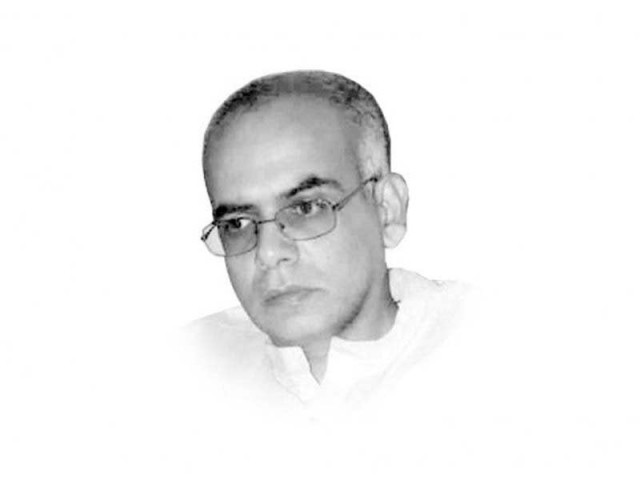US debates concerning Pakistan
The current US administration is seen to lack much leverage with Pakistan

The writer is a development anthropologist. He teaches at George Washington University
Consider, for instance, an event organised by the Foreign Policy programme at the Brookings Institute, which convened a panel to discuss extremism in Pakistan and its broader implications. Panelists included Madiha Afzal, the author of Pakistan Under Siege: Society and State, and Bruce Riedel, the author of Deadly Embrace, who has been a senior adviser on South Asia and the Middle East to the last four US presidents.
Instead of viewing US-Pakistani relations with rose-tinted hindsight, these US-based experts termed this bilateral relation to be dysfunctional at best, even from a historical perspective. In 1965, and particularly in 1971, the US did not come to Pakistan’s aid despite their military alliances. After the Soviet withdrawal from Afghanistan, the US abandoned Pakistan to contend with the fallout of its intervention in the conflict, including the enormous influx of Afghan refugees into the country. The sanctions imposed on Pakistan after the nuclear tests in response to India’s, and the subsequent lopsided recognition of Indian nuclear capacity, after Pakistan was implicated in nuclear proliferation to North Korea, also became major sore points. The Osama bin Laden raid and use of drones to target militants on Pakistani soil have created further mistrust.
However, as we blame the US for abandoning us after the Soviet withdrawal from Afghanistan, Pakistan is criticised for taking the military aid and finances provided for the Afghan resistance and diverting them towards groups active in Kashmir. The increasing use of religion to cement control over the country by Ziaul Haq was not entirely the US doing. What did the implementation of the Hudood laws have to do with the proxy war in Afghanistan?
Looking at Pakistan from the outside, our obsession with achieving parity with India is considered a major reason for the military’s ongoing dominance, and even why Pakistan has allegedly cultivated militant groups to pursue its strategic interests. Unfortunately, with the Modi government in power, it is even easier today in Pakistan to think of India as an existentialist threat. Also, prevailing public perceptions, which denounce use of religion for violence but still consider the insurgency and terrorism that strikes the country to primarily be the fault of outsiders remain a cause of concern. As does the ambivalence and negligible action being taken against groups like the JuD.
It was encouraging to see a prominent US-based think tank caution US policymakers not to only look at Pakistan from the prism of their strategic objectives in Afghanistan alone. It is up to our policymakers to avail this opportunity and emphasise the need for the US to be more considerate towards Pakistan, while it pursues its own stated goal of securing hard-to-achieve stabilisation in Afghanistan.
Given the significant Saudi and Chinese backing, Pakistan can certainly do without US aid for the moment. Instead of cutting all aid to Pakistan, however, the Brookings panelists advocated the need for delinking military and civilian aid to the country, as the Kerry Lugar Bill had wanted to do, before aid disbursals waned.
The current US administration however lost an opportunity to reach out to Pakistan when Trump went to Saudi Arabia, and he refused to meet Nawaz Sharif and create a personal rapport with the democratic government. Given the present political meltdown within the country, however, the US won’t know who to deal with, till the next round of elections is held.
In the meanwhile, the current US administration is seen to lack much leverage with Pakistan, including any significant capacity to help de-escalate tensions between India and Pakistan, if there is another dangerous flare-up of tensions within the region.
Published in The Express Tribune, January 19th, 2018.
Like Opinion & Editorial on Facebook, follow @ETOpEd on Twitter to receive all updates on all our daily pieces.















COMMENTS
Comments are moderated and generally will be posted if they are on-topic and not abusive.
For more information, please see our Comments FAQ